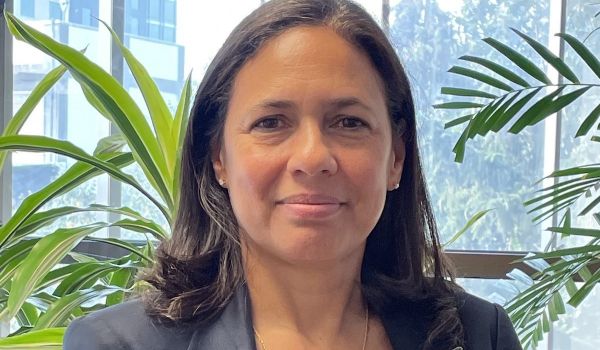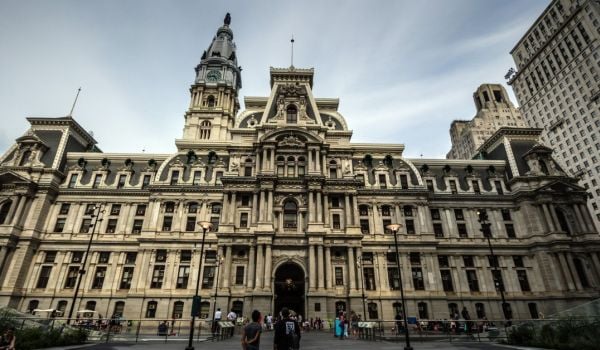Philly Task Force: Biased Home Appraisals Widen Racial Wealth Gap
The Philadelphia Home Appraisal Bias Task Force’s new report on racial bias in home appraisals finds that endemic undervaluation of homes in majority-Black neighborhoods hurts Black homeownership and wealth accumulation in the city – and offers local recommendations to confront the crisis.
Previous research has found that 95% of the city’s appraisers are white and that homes in the city’s majority-Black neighborhoods were undervalued by about $26,000 on average. The task force urges city officials to lead a national movement by instituting local policies and programs to collect appraisal data and incidents of residents’ appraisal issues, educate homeowners about the appraisal process and their rights, educate appraisers about the neighborhoods and the city in which they operate, and increase racial and gender diversity among local appraisers.
“Underlying these recommendations is a crucial fact that animates our efforts for reform: racial bias in home appraisals inflicts trauma upon the individual and/or family directly impacted as well as upon their larger community,” the task force notes in its report. As The Philadelphia Inquirer notes, a federal task force on property appraisal and valuation equity also released a plan in March to curb biased appraisals through some of the same recommendations.
In Virginia, Medicaid Expansion Relieves Financial Strain Amid Covid
The results are in: A new study published in Health Affairs finds that Virginia’s 2019 expansion of the Medicaid program successfully reduced financial strain on low-income individuals’ household finances and medical bills.
Researchers at Virginia Commonwealth University analyzed the changes in financial distress reported by newly-eligible Medicaid enrollees one year after their Medicaid enrollment. They found enrollees were about 33.7% less likely to worry about standard health care costs and about 23.8% less likely to worry about “catastrophic” health care costs.
“It’s very encouraging to see that low-income families from different backgrounds were all experiencing similar positive effects from Medicaid enrollment,” notes VCU’s Hannah Shadowen, a lead author on the study. “In fact, when we did see a few differences in outcomes, individuals from groups historically marginalized experienced even greater positive outcomes after enrollment.”
The researchers said the findings are evidence of how publicly-funded coverage can increase healthcare equity, particularly during public health crises.
Federal Minimum Wage Hits 66-Year Low
The federal minimum wage reached its lowest point in 66 years this month, after the longest period in history without an increase, according to the Economic Policy Institute.
“Accounting for price increases in June, the current federal minimum wage of $7.25 per hour is now worth less than at any point since February 1956,” the EPI writes in its analysis of new Consumer Price Index data. “At that time, the federal minimum wage was 75 cents per hour, or $7.19 in June 2022 dollars.”
While the Biden administration has raised the minimum wage for federal contractors to $15 per hour, Congress’s failure to raise the federal minimum wage for all of the country’s lowest-paid workers has worsened the racial wage gap, EPI says. In the absence of federal increases, the EPI’s Minimum Wage Tracker reports that 30 states and about 50 cities and counties have raised the minimum wage.

Shania DeGroot is an Emma Bowen Foundation Fellow with Next City for summer 2022.















